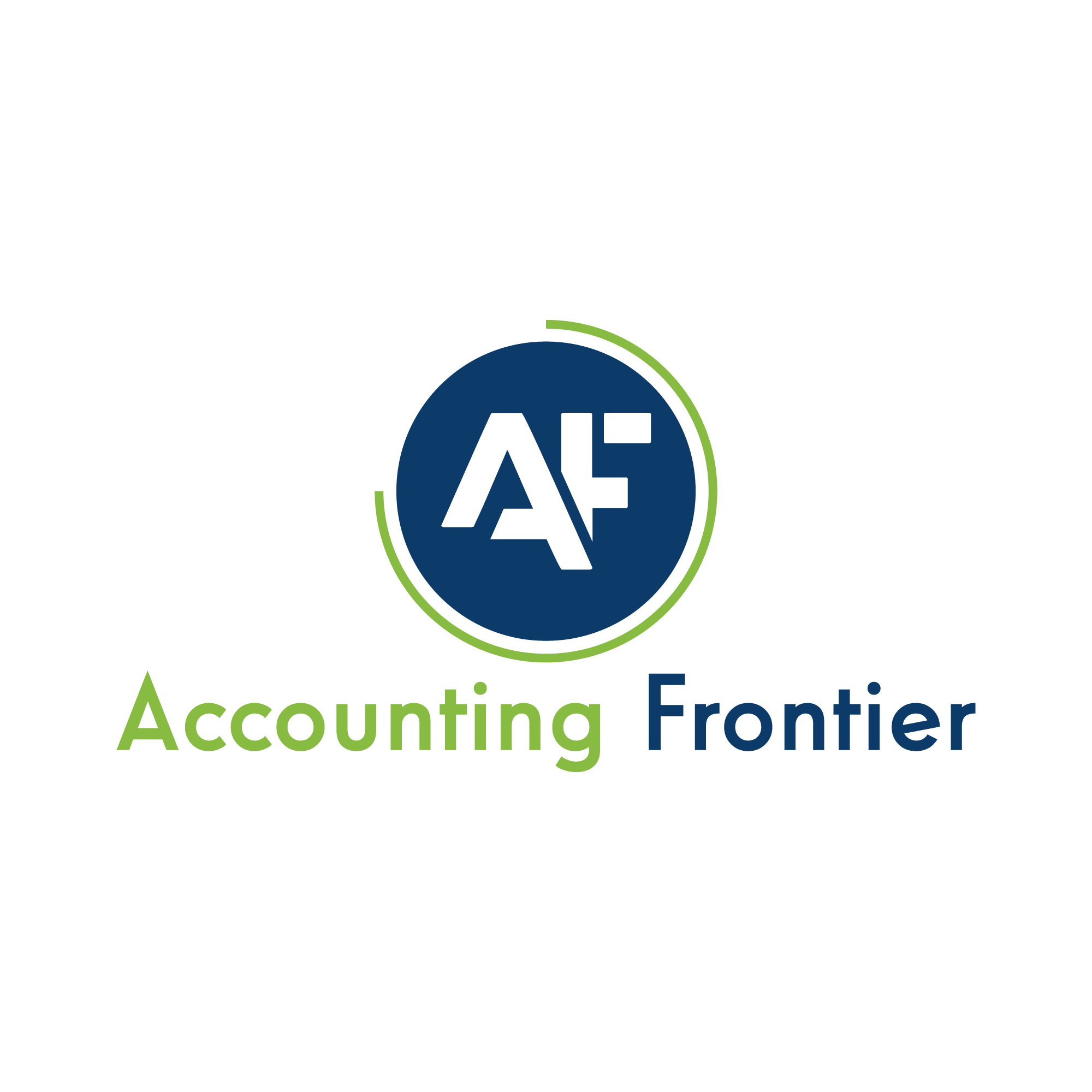Discover the crucial accounting services that can help small businesses thrive and succeed.
The importance of accurate bookkeeping
Last updated on July 1, 2024: We've refreshed this article to reflect recent developments and trends, keeping you well-informed.
Accurate bookkeeping is essential for every small business. It involves recording all financial transactions—including income, expenses, assets and liabilities—correctly and on time. By maintaining accurate records, small businesses can have a clear picture of their financial health. Fall short, and these businesses may face financial difficulties or even legal challenges.
Solid records will help you understand how your business is performing and where you can improve, including the insights you need to:
- Boost your overall profits
- Spot trends in your revenue and costs
- Cut unnecessary expenses
Plus, accurate bookkeeping is the key to correctly preparing financial statements for loans, investors or other regulatory requirements. This is where many business can end up in legal trouble or debt.
For this reason, you should think of bookkeeping as the foundation of your business. accurate bookkeeping is the backbone of financial stability and growth for small businesses. It ensures the reliability of financial data, enabling businesses to thrive in a competitive market.
Systemizing YOUR Bookkeeping Processes
To keep things running smoothly, try to systemize your bookkeeping processes. Having standardized procedures for essential tasks like recording transactions, reconciling accounts and generating reports will help to minimize errors. A well-organized system means:
- Consistent data entry
- Timely updates
- Accurate reports
This makes it easier to make informed decisions and stay compliant. Using bookkeeping software can automate these tasks, too—reducing manual errors and saving time.
Payroll processing and compliance
For many businesses, payroll is their biggest regular expenditure, and yet it's frequently done incorrectly. This complex process involves calculating salaries, wages and benefits. Not only that, but employers are also responsible for deducting and remitting payroll taxes.
Compliance with payroll laws and regulations is a must to avoid penalties and legal issues—and even common mistakes can be a recipe for IRS red flags and fraud.
That’s why it’s crucial to systemize your payroll process to ensure there are checks and balances from the beginning to end. In other words, compliance should be built into the process:
- Hours should be approved by managers before payroll is processed.
- All appropriate onboarding documents should be collected and verified (i.e. IDs, Federal W4s, I9s, State W4 form, employee contracts, etc).
- Deductions must be handled correctly for retirement plans, health insurance, stipends, etc.
- PTO must be handled based on the laws of your specific state.
By outsourcing payroll processing, you can rely on experts to reduce errors and free up your time.
Financial analysis and reporting
Financial analysis involves examining your balance sheets, income statements, and cash flow statements to assess profitability, liquidity, and solvency. This analysis helps you see where your business might need improvement and where you're excelling.
It's also one of the biggest weaknesses of most small businesses.
Understanding the story that your numbers are telling you will unlock freedom and peace of mind. You can see places of weaknesses and make corrections. You can see where your business is succeeding and make deliberate investments that lean into these strengths. Accurate reporting is key to attracting investors and securing loans.
Budgeting and forecasting for business growth
Budgeting gets a bad wrap. We associate the term with restriction—but, at its core, budging is the roadmap to success for your business. It involves more than setting a spending limit. A true budget sets the target for profitability and growth by looking at marketing, personnel, and asset plans.
It's sets financial goals, estimates income and expenses, and allocates resources accordingly.
On the other hand, forecasting uses historical data and market trends to predict future performance, which will help you anticipate challenges and seize opportunities.
Together, budgeting and forecasting provide a clear path to achieving financial goals. They help businesses allocate resources effectively, monitor performance, and measure progress towards objectives. By regularly reviewing and adjusting budgets and forecasts, small businesses can adapt to changing market conditions and improve their chances of success.
Accounting services can assist small businesses in budgeting and forecasting by providing financial expertise and tools. Accounting professionals can also provide valuable insights into industry benchmarks and best practices, enabling small businesses to make informed decisions.
Maximizing Business Performance through Financial Management
Effective financial management is the key to boosting your business’s performance. It’s all about optimizing profitability, making the most of your financial resources, and managing cash flow,.
You know what they say: cash is king. This is especially true for small businesses, where keeping cash flow is essential for day-to-day operations and growth. This involves staying on top of accounts receivable and payable, controlling expenses, and optimizing working capital.
Good financial management helps you avoid cash shortages and financial difficulties.
But it’s not just about avoiding problems—it's about achieving success. Effective financial management also means maximizing revenue and minimizing costs.
By analyzing pricing strategies and identifying growth opportunities, you can make informed decisions that drive profitability. Monitoring key metrics like gross profit margin and net profit margin helps you identify areas for improvement and take action where needed.
Additionally, financial management ensures you’re using resources efficiently through proper budgeting, financial analysis, and risk management. By managing financial risks effectively, you can reduce waste and boost profitability.
This is where accounting services—like those offered by Accounting Frontier—come into play. We ensure that your financial records are precise, your payroll is handled correctly, and your cash flow is managed effectively. With professional support, you can focus on growing your business while leaving the complexities of financial management to the experts.

